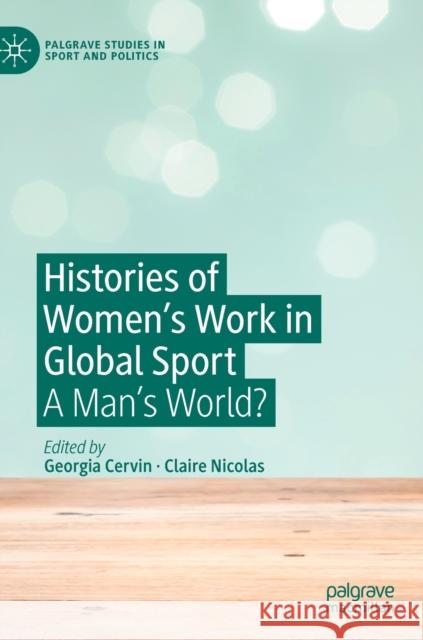Histories of Women's Work in Global Sport: A Man's World? » książka
topmenu
Histories of Women's Work in Global Sport: A Man's World?
ISBN-13: 9783030269081 / Angielski / Twarda / 2019 / 347 str.
Histories of Women's Work in Global Sport: A Man's World?
ISBN-13: 9783030269081 / Angielski / Twarda / 2019 / 347 str.
cena 484,18
(netto: 461,12 VAT: 5%)
Najniższa cena z 30 dni: 462,63
(netto: 461,12 VAT: 5%)
Najniższa cena z 30 dni: 462,63
Termin realizacji zamówienia:
ok. 22 dni roboczych.
ok. 22 dni roboczych.
Darmowa dostawa!
Kategorie BISAC:
Wydawca:
Palgrave MacMillan
Seria wydawnicza:
Język:
Angielski
ISBN-13:
9783030269081
Rok wydania:
2019
Wydanie:
2019
Numer serii:
000796604
Ilość stron:
347
Waga:
0.75 kg
Wymiary:
21.01 x 14.81 x 3.02
Oprawa:
Twarda
Wolumenów:
01
Dodatkowe informacje:
Wydanie ilustrowane











